Dried mealworms for hens
Chickens LOVE dried mealworms!
Are your hens not laying eggs? Do they look scruffy or have little energy? They may be suffering from a protein deficiency - after all, it takes a lot of protein to make all those eggs and produce new feathers!
Although hens need a high protein diet, many feeds only contain 15-18% of this essential nutrient. And for hens raised free-range or fed lots of kitchen scraps, the amount of protein they consume is likely to be much lower than recommended.
So what is the best source of protein for chickens? Insects, of course! Insects are a natural food rich in proteins, vitamins, minerals and amino acids.
You can spend your time raising worms, or order live insects with a short shelf life, but at Ma poule express, we recommend that you feed your hens dried mealworms. Mealworms are a convenient and natural protein booster that our girls can't live without!
Do you have any questions about feeding hens dried mealworms? See our answers to your FAQs below or contact us via the website.
How many mealworms should hens eat?
Feed your adult chicken 10-12 mealworms daily as a healthy protein supplement.
You can double their mealworm intake in extreme hot or cold weather, during breeding or display, and when shedding. This will help your hens deal with stress.
What is the best way to feed chickens with dried mealworms?
There are many ways to use dried mealworms. The best option will depend on your herd and your needs.
You can :
Mix dried mealworms with chicken feed or scatter them on top.
Scatter dried mealworms where the hens feed as a tasty reward (local birds can enjoy it too!)
Give dried mealworms as a treat.
Use dried mealworms to train your hens - we never have trouble locking up our birds overnight with a bag of dried mealworms on hand!
You'll be amazed at what you can make your hens do with the promise of a dried mealworm as a reward. Whichever feeding option you choose, as with any dried feed, always ensure that your hens have sufficient access to water to avoid dehydration.
My hens are not interested in dried mealworms. What do I do?
If they have never seen them before, your hens may at first be reluctant to eat the lifeless dried mealworms. But once they've tried one, they can't get enough!
To encourage your hens to try the worms, you can scatter them on their regular feed or on a favorite treat (our hens love watermelon!). Alternatively, try rehydrating the worms for a shiny, realistic look.
How to Rehydrate Dried Mealworms
Rehydrating the dried mealworms gives the treat a more realistic appearance that appeals to picky eaters. It is recommended for hot, dry weather and can also be used to add additional nutrients to your hens' diet depending on your choice of liquid.
Suitable rehydration fluids include:
Hot water
Cold-pressed olive or vegetable oil
Seed oils such as flax seed oil and hemp seed oil
apple cider vinegar
Rehydrate the mealworms by covering them completely with the rehydrating liquid and soaking them for 15 to 30 minutes or until they are soft and flexible. Rehydrated mealworms thin out and can swell up to almost double their dried size. Drain and use within 1-2 hours.
Mix any remaining soaking liquid with a dry food like bread, oatmeal or cereal for an extra treat for the chicken.


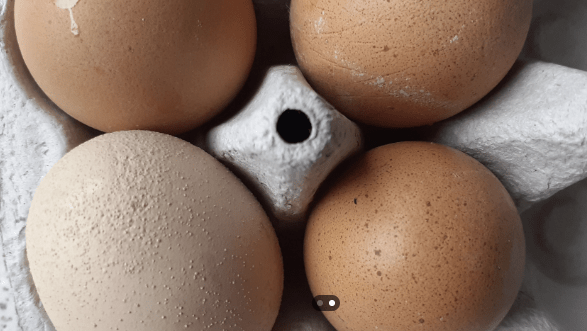
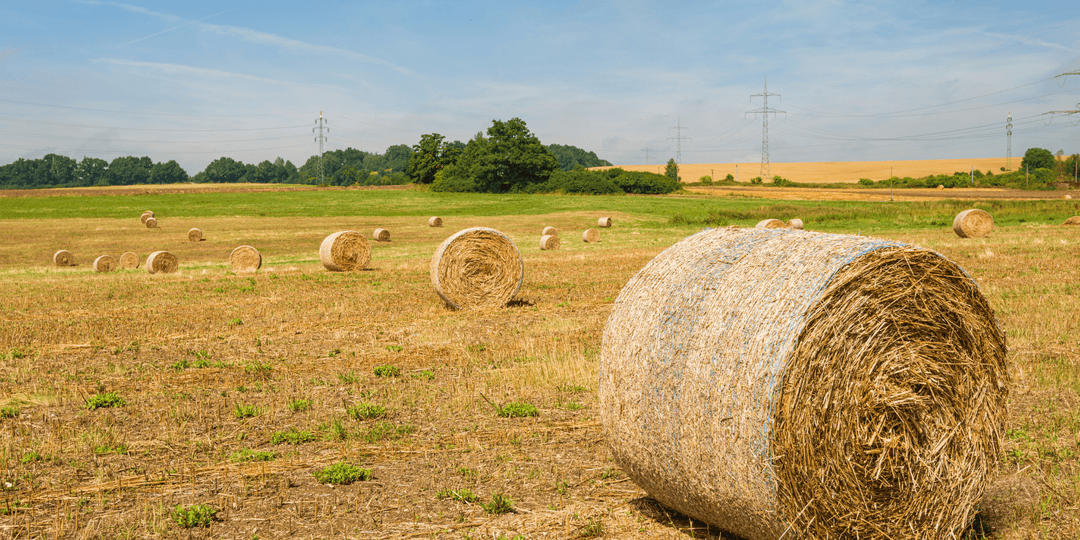
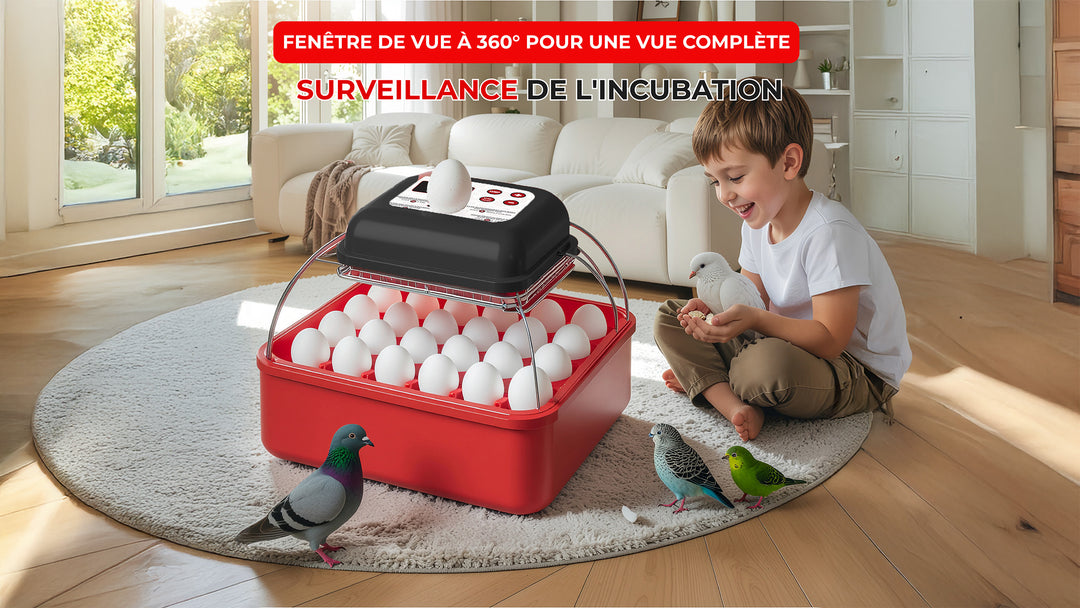
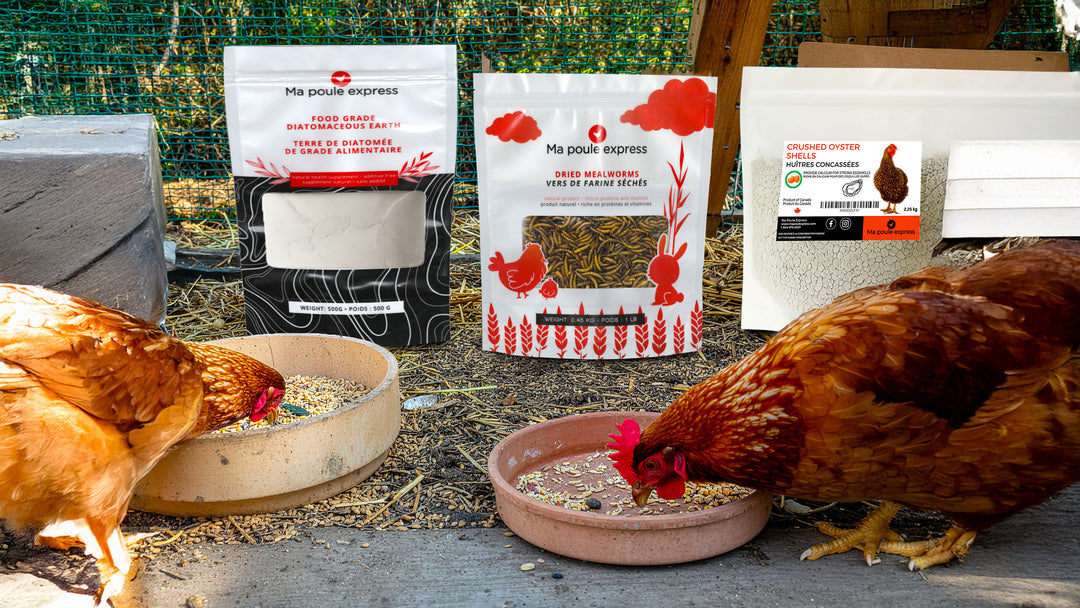
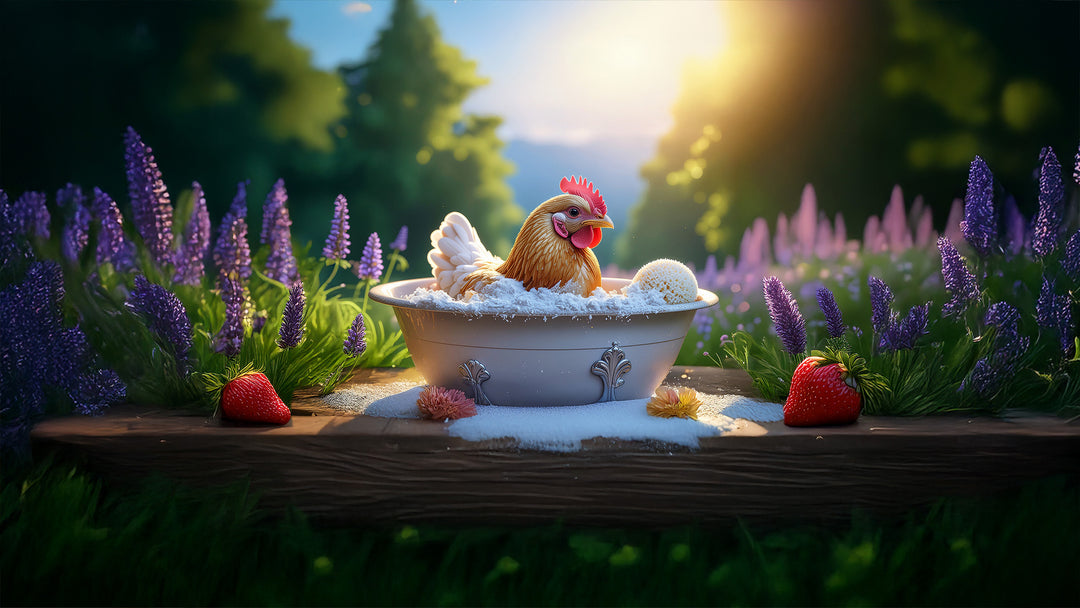
Leave a comment